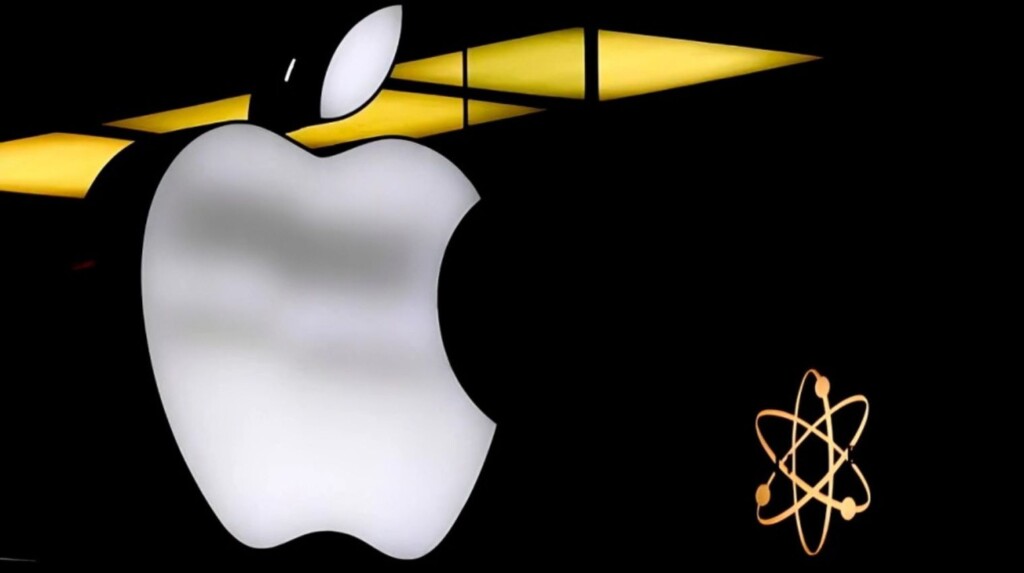Apple’s near-field communication (NFC) tap-and-go technology enables contactless payments through mobile wallets. The European Union is poised to greenlight Apple’s proposal to open up this technology to competitors, as it undergoes scrutiny by EU antitrust regulators. This move follows adjustments made by Apple to the terms of its offer. If approved, this resolution would mark the culmination of a four-year investigation into allegations of anti-competitive behavior by Apple in its handling of the Apple Pay mobile wallet.
By consenting to this arrangement, Apple aims to avoid an official determination of wrongdoing and the potential imposition of a substantial fine, which could amount to as much as 10% of its global annual turnover. Central to the dispute is Apple’s alleged hindrance of competition by restricting access to its tap-and-go technology for rival mobile wallet app developers.
Apple’s January proposal includes granting competitors access to its NFC technology on iPhones, iPads, and other Apple devices at no cost, independent of the use of Apple Pay or Apple Wallet. Additionally, it offers supplementary functionalities such as the ability to set preferred payment apps by default, access to authentication features like FaceID, and a dispute resolution mechanism. Responding to feedback from competitors and customers, Apple has adjusted some terms of its proposal.
The proposed NFC access would span a duration of 10 years, subject to approval by the European Commission. Although the Commission aims to finalize the decision by summer, with May being the most probable timeframe, the exact timing hinges on Apple’s resolution of technical intricacies. This development comes on the heels of Apple’s recent 1.84 billion-euro ($2 billion) fine imposed by the EU for alleged anticompetitive practices related to its App Store restrictions, particularly impacting music streaming competitors like Spotify.
